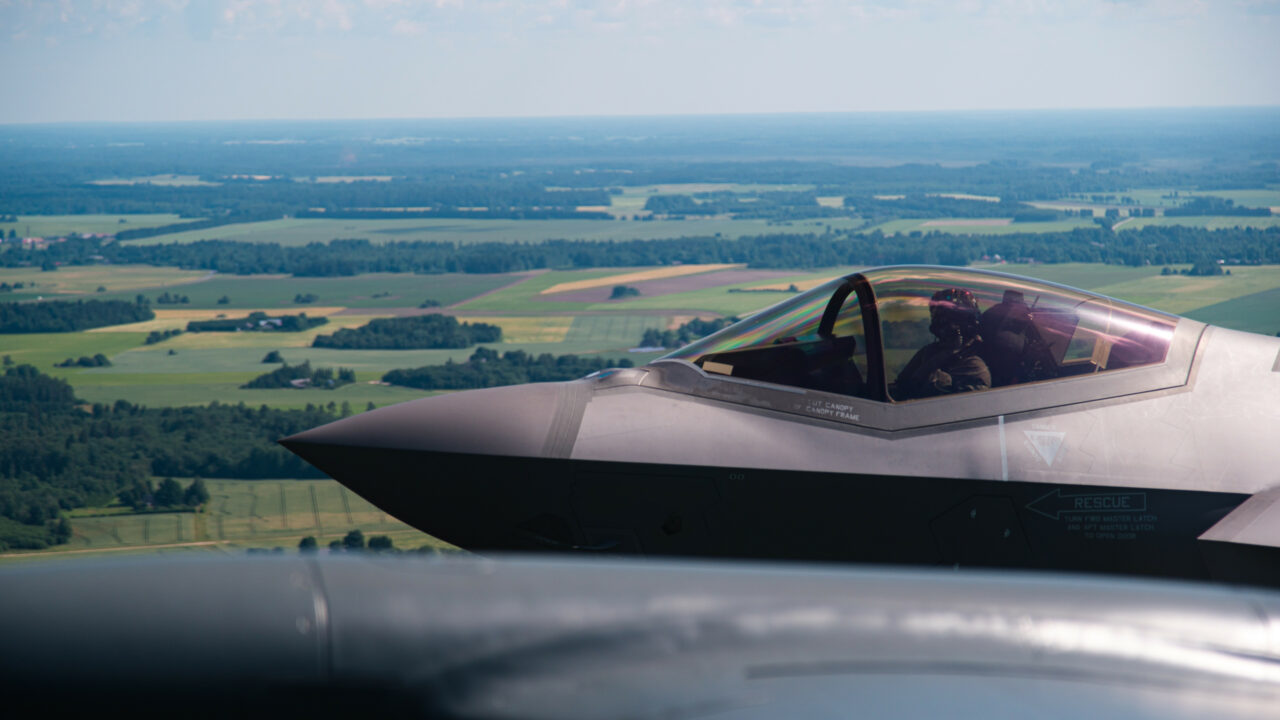EU defence facing Russia: Eastern European security after the invasion of Ukraine
Russia’s invasion of Ukraine has forced the EU to reassess its security and defence policy. For the EU’s eastern member states, the changes underway are long overdue
If the bloody wars of the 1990s in the former Yugoslavia were a ‘baptism by fire’ for EU security and defence policy, then Russia’s brutal invasion of Ukraine marks a painful coming of age. The events of 24 February 2022 have fundamentally changed the way the European Union sees not just Russia but also its own contribution to European security. Indeed, the EU’s extensive support for Ukraine, including weapons deliveries and unprecedented sanctions against the aggressor, suggests that it is finally becoming a serious security actor.
The EU developed its post-1990s security and defence policy with the aim of managing external crises. Since 2016, the union has intensified its efforts to strengthen its defence capacity. The concept of European strategic autonomy has been a central but controversial part of this process. For eastern EU member states, the controversy mainly arises from suspicions about the implications of ‘autonomy’ for the transatlantic relationship: they want to ensure that the United States has a strong presence in Europe. Meanwhile, measures to strengthen EU defence policy have done little to address their primary security concern – which has always been Russia.
Following Russia’s annexation of Crimea in 2014, member states’ threat assessments of Russia moved much closer together. But there were still considerable differences between them on how to address the threat and the role of the union in this. Debates on EU defence and EU-Russia relations moved on separate tracks. Defence initiatives such as Permanent Structured Cooperation (PESCO) and the Coordinated Annual Review on Defence contained some projects relevant to the defence of eastern member states, particularly the PESCO project on military mobility. However, the EU’s military contribution to the security of these states has largely been indirect and marginal.
This was partly their own fault. Concerned that EU defence policy might duplicate or undermine NATO, eastern member states have tended to focus on constraining the union’s defence activities rather than looking for ways in which EU initiatives could provide security in eastern Europe.
As the EU’s eastern member states know from experience, Russia’s imperial instincts cannot be contained by diplomacy alone
Furthermore, the EU took a cautious approach to another of their key concerns: the security of Eastern Partnership countries. Until last week, the EU had tried to keep its distance from the Russia-Ukraine conflict and had avoided coming to Ukraine’s defence. In many European capitals, one commonly heard the argument that a stronger EU role in Ukrainian security would have unnecessarily provoked Russia and exacerbated tensions. But this logic was always flawed. Russia felt provoked and threatened by the democratisation and European integration of former Soviet republics, especially that of Ukraine. Therefore, the EU’s support for these processes and lack of serious efforts to counter Russian influence and aggression left these countries ever more exposed.
As the EU’s eastern member states know from experience, Russia’s imperial instincts cannot be contained by diplomacy alone. In the early 1990s, Russia opposed the withdrawal of its troops from the Baltic states, only doing so in 1994 because of firm Western pressure. In the latter half of the 1990s, Russia tried to block the Baltic states’ accession to the EU and NATO. But, at the time, it was too weak to achieve this. Had Russia succeeded, the security, stability, and wellbeing of the Baltic states – and indeed the entire Baltic Sea region – would be considerably weaker than it is today. So, while some policymakers in Western capitals discussed notions such as neutrality and spheres of influence in abstract terms, those in the Baltic states (and, of course, Ukraine) were acutely aware of their tangible impact on ordinary people’s lives.
All of this changed dramatically last week. Almost overnight, the EU has become a major player in countering the Russian threat. The union is now taking a fresh look at the range of instruments it has at its disposal, including those that were unimaginable just weeks ago, such as the supply of lethal weapons to Ukraine.
In future, the EU should contribute significantly more to the development of the kind of European defence capabilities that are needed for defence and deterrence vis-à-vis Russia. It should step up its cyber-security policies and reduce its dependence on Russian energy; it should consistently support the security and defence of Ukraine, Moldova, and other eastern partners who are committed to a European path; and it should offer these countries a clear prospect of EU membership. No matter how events in Ukraine unfold over the coming months, the EU-Russia relationship can only recover once Russia drastically changes course.
Following the invasion of Ukraine, eastern member states should no longer have the same concerns about how EU defence policy could undermine the transatlantic relationship. Russia’s war is leading to a larger US presence in Europe, a stronger NATO presence on the eastern flank, and closer EU-NATO ties. There is still a prospect that the US will one day step back from its key role in European security. But Europeans are finally taking serious steps to become more prepared for that day. From the perspective of its eastern member states, the EU can only become a credible security actor if it gets serious about tackling the Russian threat.
The European Council on Foreign Relations does not take collective positions. ECFR publications only represent the views of their individual authors.



